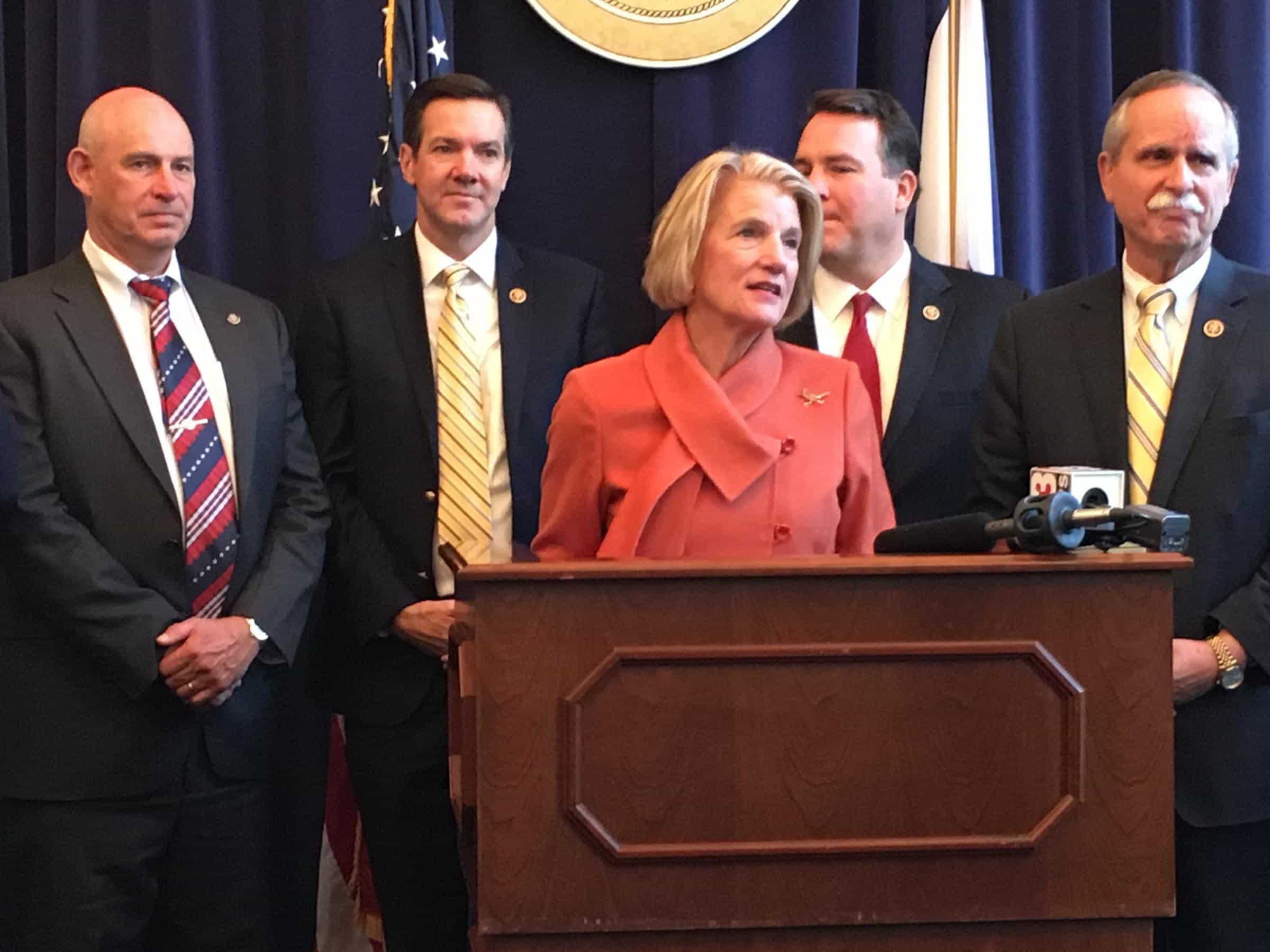As the opioid epidemic continues to devastate lives throughout Appalachia, health officials are reporting a spike in “second wave” epidemics like Hepatitis C. One way to combat the epidemic may be more needle exchange programs like the one at the Kanawha-Charleston Health Department.
Once a month, Jeff Crist, an employee of the free clinic West Virginia Health Right, goes there to gently waylay participants as they walk in.
“Would you like to get tested for Hep. C today?” he asks patients over and over again.
Most people say no or that they already have been tested and are positive before heading down the hall.
“There’s on average 225-250 people who come through on Wednesday,” Crist said. “When I’m here — and I’m not here every week — I average about 25 tests. And, of those, about half are positive.”
West Virginia Health Right has been partnering with the county health department for about half a year to provide rapid hepatitis C testing.
The Risk of Untreated Hepatitis C
“The other thing about hepatitis C is that it’s now the number one infectious killer in the United States,” said doctor Michael Brumage, executive director of the Kanawha County Health Department. “More people die from hepatitis C than any other infectious cause.”
Untreated hepatitis C can cause scar tissue to form in the liver, causing serious damage, jaundice and cancer.
From 2010-2015, cases of acute hepatitis C infection increased roughly three-fold nationally, according to the Centers for Disease Control and Prevention, with the biggest increases occurring among young, white people living in rural areas – particularly Appalachia. West Virginia’s 2015 rates were more than 4 times the national average.
The CDC attributes the spike to IV drug use.
IV Drug Use and Secondary Epidemics
“I was an IV user for 10 years and I contracted it through using needles and sharing needles with other people,” said Lindsay Hawkins, a woman in her late 20s.
“You know for a fact if you’re going to use needles to get high then 98 percent chance you’re going have hepatitis or you’re going to catch HIV,” she said. Hawkins said she was aware of the high risk of contracting an infectious disease, but that addiction took over her life.
Hawkins is from Fayette County and the needle exchange in Charleston opened after she had already entered rehab. She said if there had been one closer to her home, she definitely would have used it.
“When you’re on the street it’s really hard to find needles,” she said. “So you have to keep reusing needles and using one needle to fix another needle to make a good needle. It’s insanity when you look back on it.”
Needle Exchange Programs
“We know that syringe exchange programs are very effective to reduce the spread of hepatitis C,” said Brumage. “We are also working with a pharmaceutical company that has a grant program that will allow us to test for hepatitis B, C and HIV, so we can do it on a larger scale than we are currently doing it.”
Sarah Embrey is a pharmacist at the Charleston University School of Pharmacy. She said her job is to not only help facilitate the needle exchange, but to help educate people on how hepatitis C is contracted.
“We had a patient a few weeks ago that didn’t really understand how hepatitis and HIV Is transmitted,” she said. “He thought it was something almost like Chicken Pox where it would reactivate within himself. And so he was concerned that he would give himself hepatitis, and we tried to explain to him that that’s not really possible it’s only through sharing with other people who are already infected.”
Embrey said for a lot of the patients she talks to, hepatitis C isn’t that big of a deal. That may be because most clinics won’t treat patients for hepatitis C, unless they have stopped using IV drugs for 6 months or more.
The good news is if they do stop using, hepatitis C isn’t a death sentence anymore. The bad? The drugs to treat hepatitis are incredibly expensive and the cost can be prohibitive, although Health Right does offer the drugs for free to qualified patients.
Lindsay Hawkins, the mother of four, caught a break. While in rehab she retested. As is the case with about a quarter of those studied, she found out her hepatitis had gone into spontaneous remission.
This story is co-published with 100 Days in Appalachia partner West Virginia Public Broadcasting.



